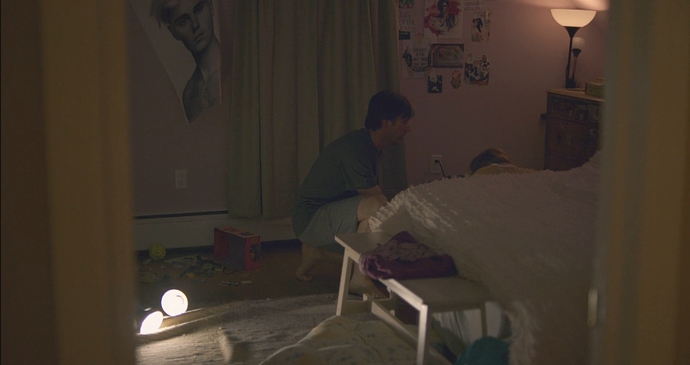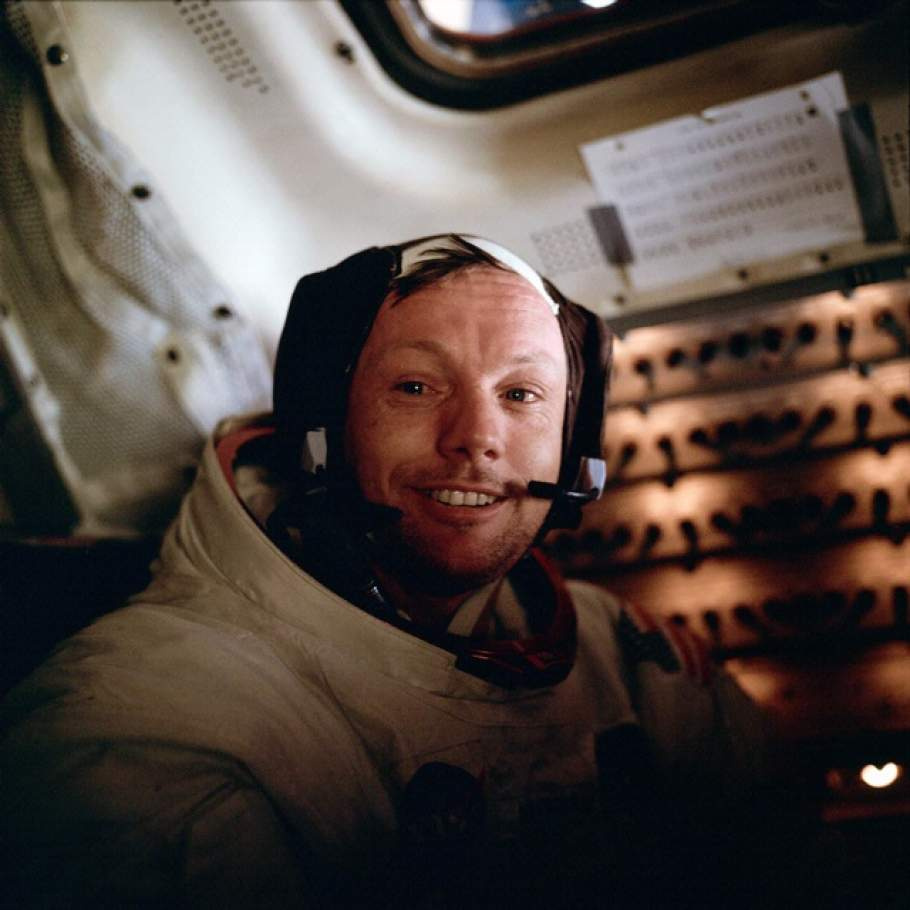Yeah, I thought it was especially cool when he had that moment with Janet: “It’s funny, you have to reverse thrust, which puts you in a lower orbit, which lets you catch up to the Agena.” I was like, “Yahssss”
I’ll agree with this. I saw in IMAX too. I didn’t notice the other effects you describe, but I will say the sound was so loud it was muddy throughout and the prevalence of close-up and hand-held shots make IMAX a pretty terrible format for it. This might actually be best on a small screen, though with a decent sound system.
I liked the focus on Armstrong as a guy dealing with repeated tragedy. And I really appreciated that he and Janet didn’t really have character arcs. They didn’t resolve any of their shit, they just dealt with their shit and continued having to deal with it. There wasn’t really any healing or epiphany, just an accumulation of damage and tragedy that they both continued to shoulder and move through their lives with.
I really liked the Gemini 8 launch sequence. It felt like being inside the capsule during a launch, which is a surprisingly unusual perspective in space movies. It’s much more typical to show the power and pyrotechnics of the rocket, like this film did with the Saturn launch. And, knowing what was going to happen, my heart was pounding as the astronauts were climbing in the Apollo 1 capsule for the plugs-out test. The film conveyed a real tense immediacy to that scene. And the moon landing scene, culminating in the camera shot going through the LM door and wide out to the surface of the moon was pretty incredible. I was kind of surprised, given that part of the theme of the movie was the rickety, hacked together, almost steampunk look of the technology (the repeating 1202 and 1201 AGC alarms during the powered descent were great at making it seem hair-raising and chaotic), that they didn’t show the episode with the circuit breaker on the moon’s surface.
Anyway, it was a good film, despite the pervasive use of hand-held shots, which I kind of hate, and extreme closeups on the actors, which are fine sometimes, but overused here. It’s impressive that the actors (especially Foy) are skilled enough to mostly weather this scrutiny, but in scenes like Gosling’s cry after Karen’s funeral, the closeness of the camera felt like an uncomfortable intrusion, so I ended up reminding myself that he’s an actor, which pulled me out of the movie to start concentrating on how well he was portraying the emotion rather than just taking in the scene. It doesn’t matter how good an actor is, the audience needs some social distance from the extreme emotions of a stranger.

